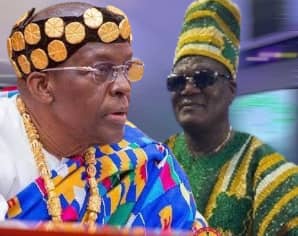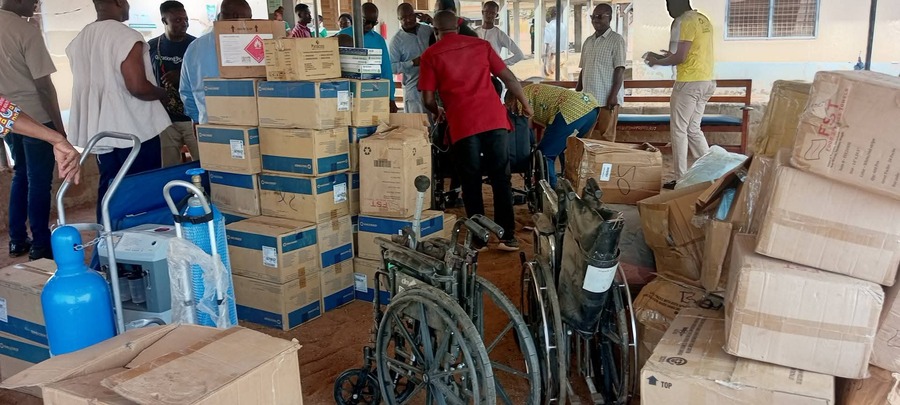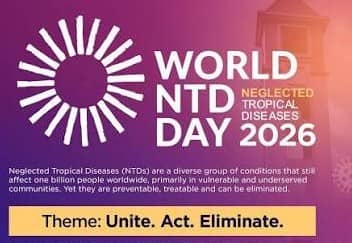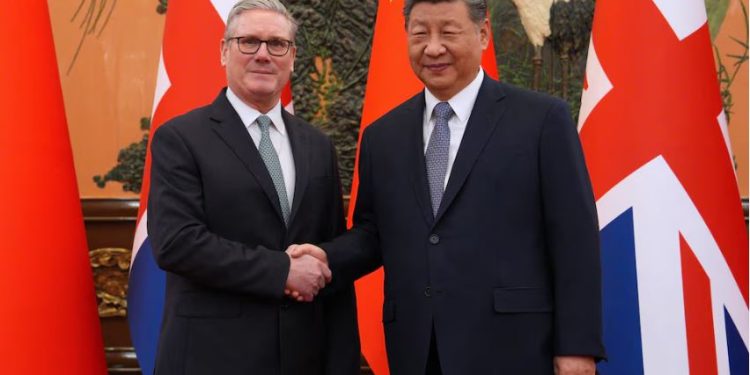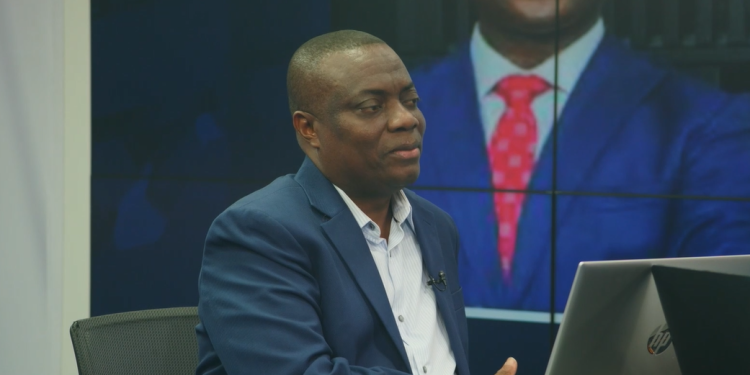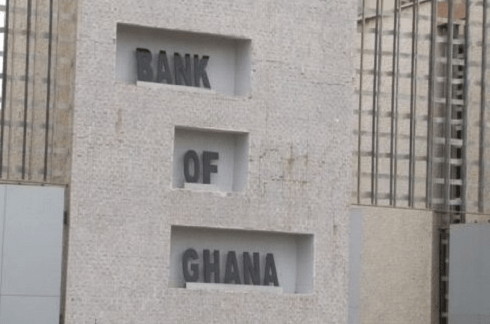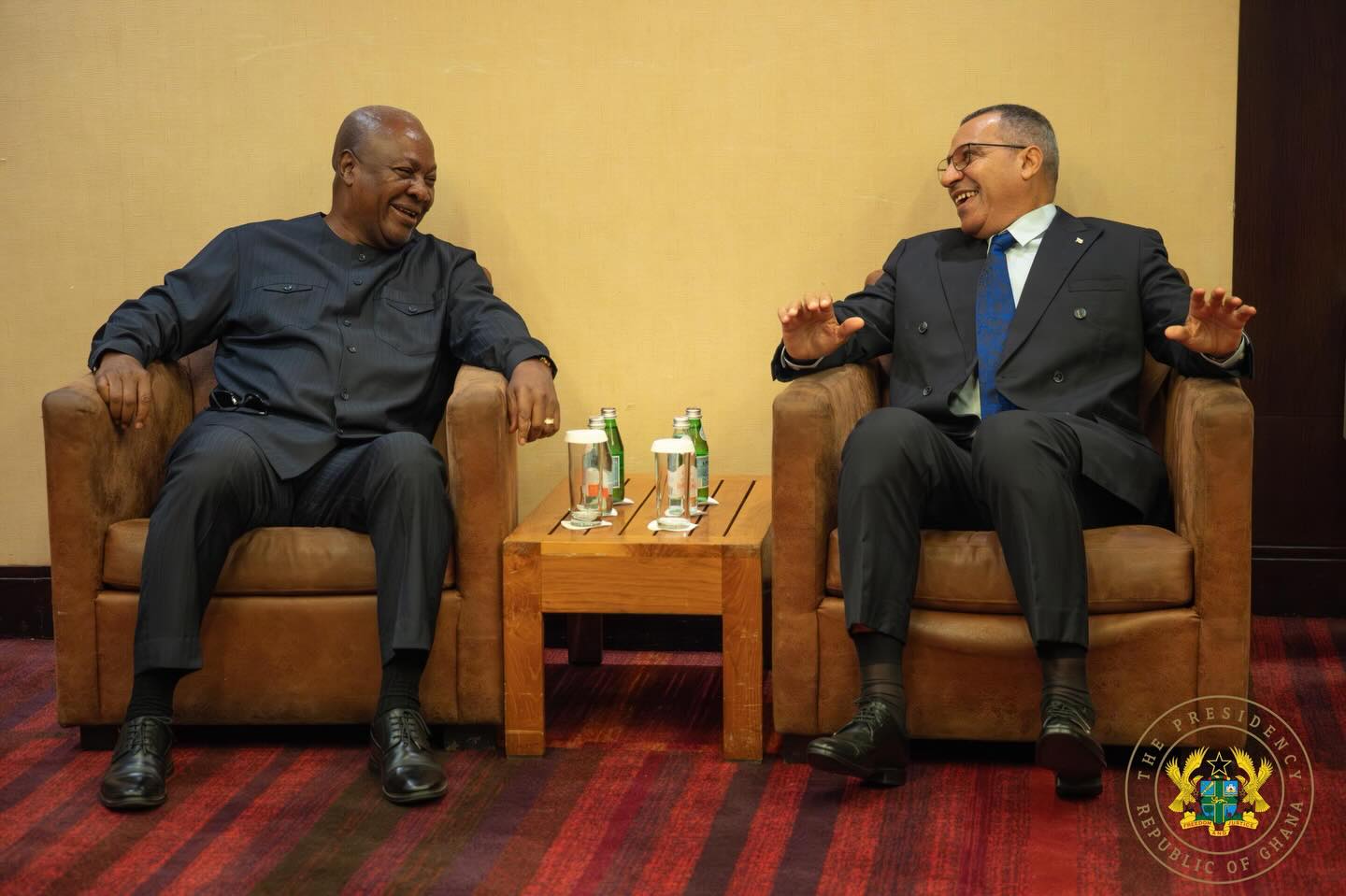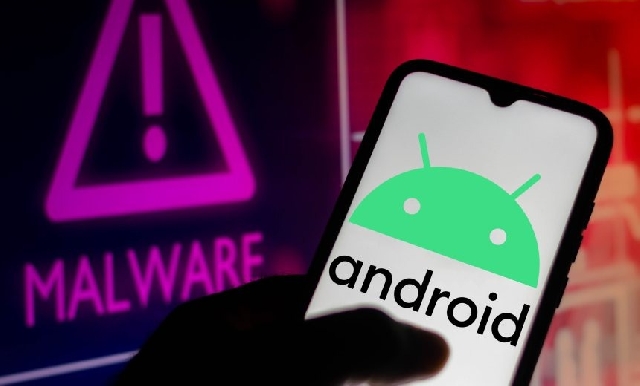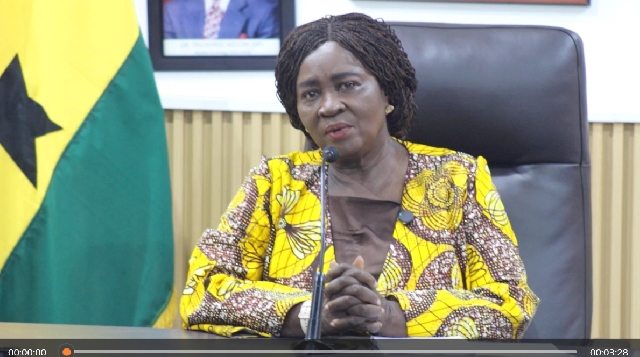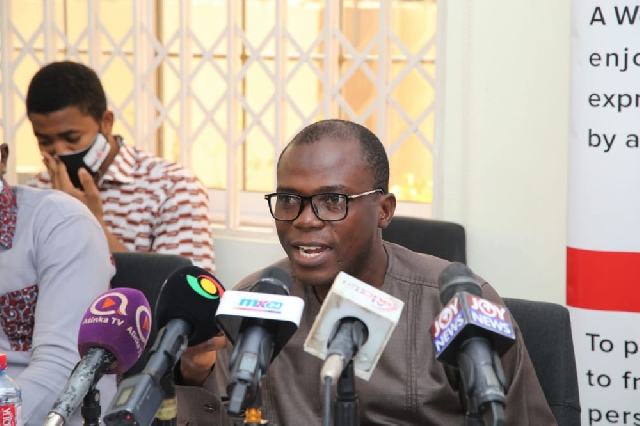The recent arrest of blogger Samuel Amadotor for allegedly publishing false information has sparked a public outcry, with the Executive Director of the Media Foundation for West Africa (MFWA), Sulemana Braimah, leading the charge for answers and restraint.
The controversy began when Amadotor was detained by the Ghana Police Service, supported by the National Signals Bureau (NSB), following a complaint from Mr. Okatakye Boakye Danquah Ababio I. According to police reports, Amadotor confessed during interrogation, claiming Chairman Michael Yeboah had contracted him to make the false post. Despite pleading not guilty in court, Amadotor was granted bail set at GHS50,000 with two sureties.
Reacting to the arrest, Sulemana Braimah took to Facebook to express his deep concerns over the police’s involvement in what he described as a civil matter. “Why will the Ghana Police be arresting and detaining people for publication of ‘false news’ about private individuals or even public officials?” he asked. “Individuals cannot or should no longer sue for defamation because the police will act on their behalf? The police will now be arresting, detaining and taking people to court for defamation on behalf of individuals?”
Braimah argued that even during the era of criminal libel, such actions would have raised eyebrows. He pointed out that every day, people publish untrue statements about others, yet the police do not—and should not—arrest everyone engaged in such acts. “These acts must stop,” he insisted, warning that criminalising false news sets a dangerous precedent for freedom of expression in Ghana.
As debate swirls over the line between protecting reputations and safeguarding free speech, Braimah’s challenge to the authorities has added fuel to a national conversation on press freedom, the limits of criminal law, and the role of the police in mediating public discourse.
Source: Apexnewsgh.com

